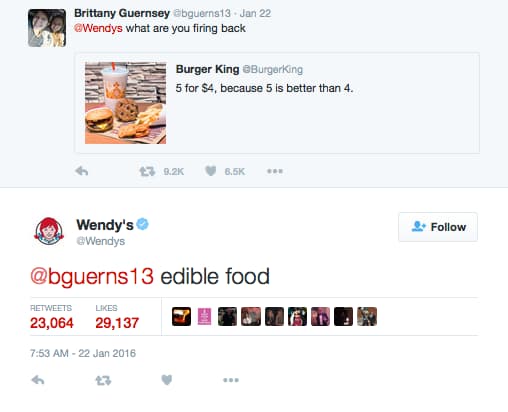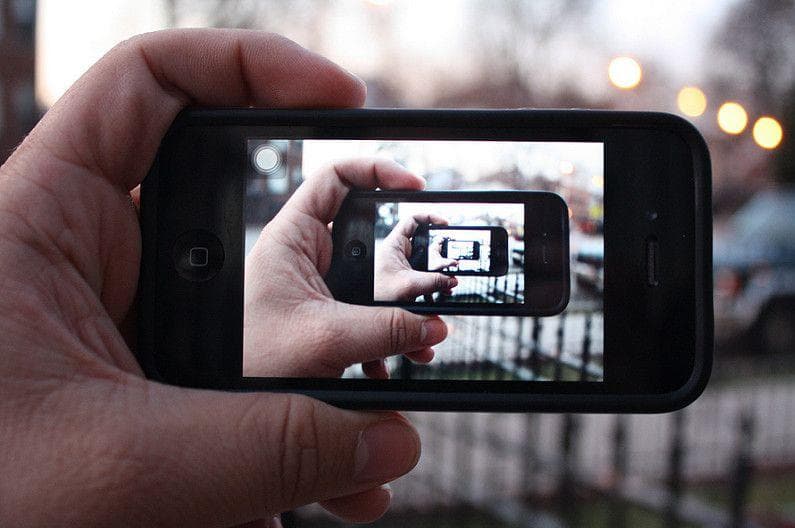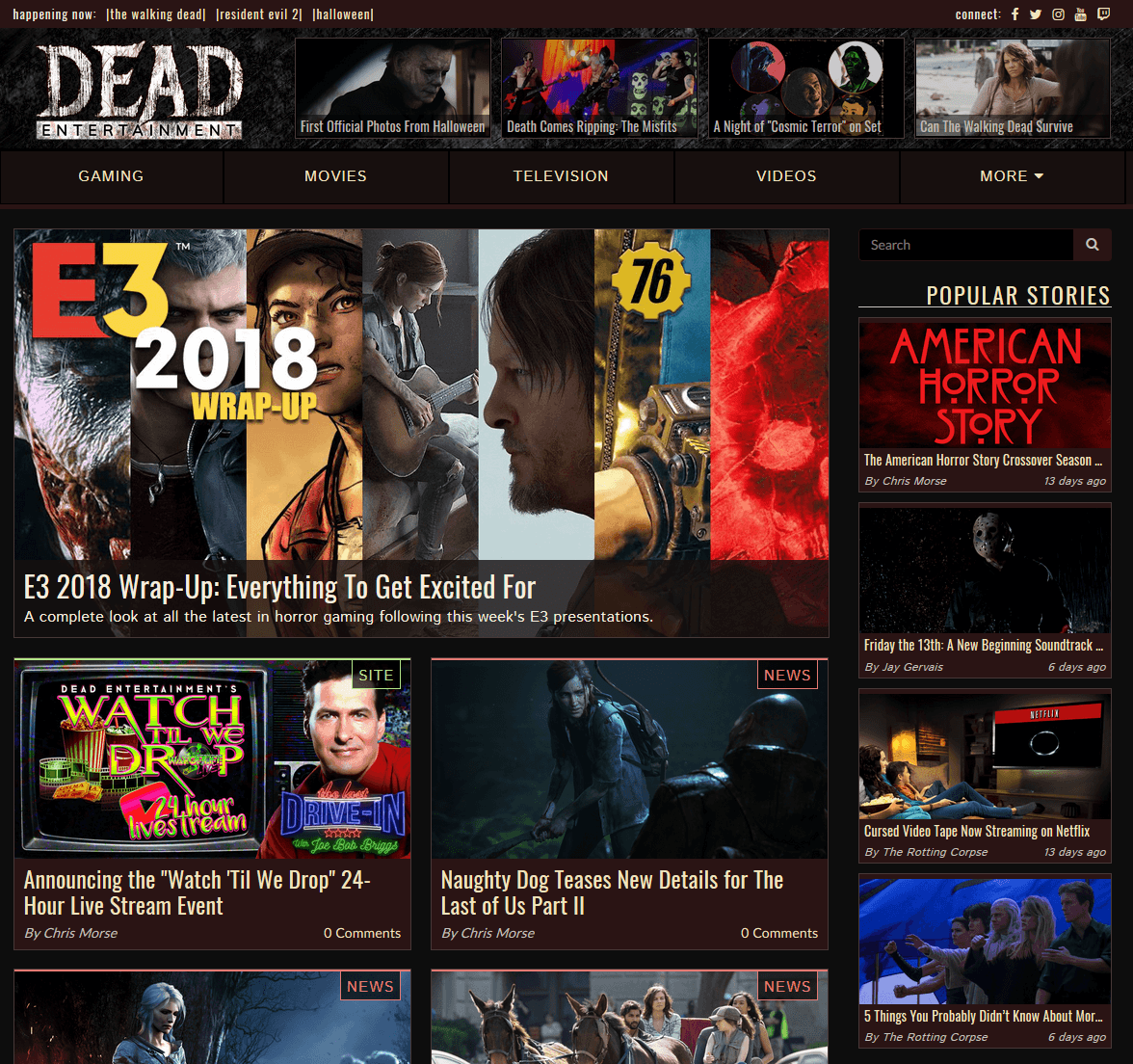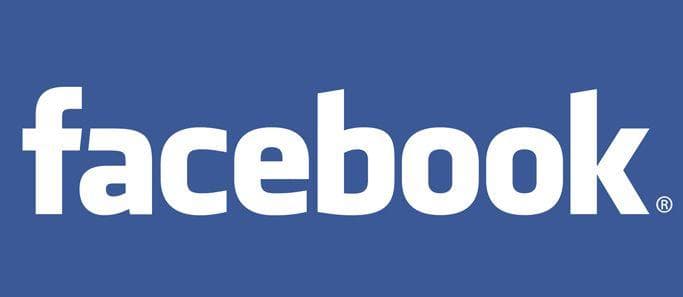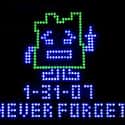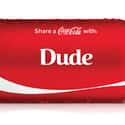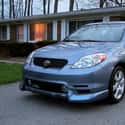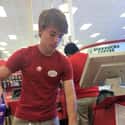-
(#1) The Fake Hoverboard That Fooled Everybody
When the videos for HUVr appeared in 2014, every nerd on the planet had an aneurysm. This is what they'd been waiting for their entire lives. Finally, they had the chance to be Marty McFly. But just as quickly as their dreams were realized, they were snatched away.
How so? It was revealed that the boards were nothing more than viral marketing for Funny or Die.
-
(#3) Cheetos Orange Underground, When Cheetos Thought They Were Tyler Durden
In 2008, Cheetos went full Fight Club and started recommending that we, the orange cheese dust consuming masses, started smashing societal norms while munching on puffed corn. Some people thought it was a brilliant deconstruction of the modern patriarchy.
Others thought it was unabashedly bringing down democracy as we know it. Maybe try Takis next time.
-
(#4) The Dennis Quaid On-Set Freakout That Everybody Suspected Was Fake
The biggest tell for when a piece of viral marketing isn't working is when everyone in the world says: "Oh, this is viral marketing." In the case of the fake Dennis Quaid freakout that showed up online in 2015 - everyone called it, but also, no one knew what it was for.
It's not so much a viral marketing fail as a viral marketing mystery.
-
(#5) 'The Splinter Cell': Conviction Fake-Gun Prank That Was A Little Too Convincing
Note to self, don't wave a fake gun around in public to promote a video game. Or to promote anything actually. The New Zealand Herald reported that a man with bandages wrapped around his hands began waving a gun outside a bar and people started shouting "he's got a gun" instead of "let's go buy Splinter Cell!"
As a result, the police were called. We'd put that in the "fail" category.
-
(#6) The Hyundai Ad That Featured A Guy Trying To Harm Himself
We imagine the meeting for this ad went something like this:
Ad Exec 1: How do we let people know that our new cars let out fewer emissions than ever before?
Ad Exec 2: Easy. We show a guy trying to harm himself with carbon monoxide poisoning.Then everyone high-fived. The insensitive car ad was pulled shortly after it made it to air.
-
(#7) 'Aqua Teen Hunger Force' Boston Bomb Scare
In 2007, the world was a naive place and people didn't automatically connect small LED panels resembling characters from Aqua Teen Hunger Force to viral marketing. Instead, they thought they were explosives. The scare proved that there was a widening generation gap between government officials and consumers.
It also showed that lo-fi methods meant to generate buzz could come at a higher price than expected.
-
(#8) DHL Disowns Their Own Marketing
In 2014, a marketing company released a video where unwitting UPS delivery men had to carry boxes that advertised for their competitor, DHL. It's was a brilliant idea, albeit a mean-spirited one. DHL disowned the campaign completely, saying: "The video was created by an external agency for their own internal competition. We were aware in advance of the intention to use it for this purpose. We were not aware of any plans to share it externally."
Sure they did DHL; we call fail.
-
(#9) The 'Code Blue' Alert That Nobody Used
At best, Coors's "Code Blue" campaign was a confusing mess that never should have existed. In a nutshell, it offered consumers over the age of 21 to send their friends a "Code Blue" alert over Facebook, inviting them for a beer. Nevermind the fact that this was in 2008 when you could simply text your friend and ask them out for a drink.
Maybe we, as hip young ironic millennials, should bring "Code Blue" back into the cultural lexicon?
-
(#10) When This Chevy Tahoe Build-Your-Own Commercial Backfired
If you work for a giant corporation and you want to save money on marketing, don't let regular people design their own commercials, because it can only go poorly. Take The Chevy Tahoe "Build Your Own Commercial" campaign. It was meant to start a positive viral conversation about the Tahoe.
Instead, the campaign ended up starting a conversation about conservatism and the destruction of our plant. There's always next time, Chevy.
-
(#11) The Time Ashanti Encouraged You To Send Death Threats to Your Friends
If you're a middling R&B act, what's the best way to sell your new album? With fake death threats, obvi. In 2008, as she was preparing to release The Declaration, Ash's marketing team set up a site that allowed fans to prank their friends with fake death threats.
The stunt didn't help her sales, and the album tanked. Who could have seen that coming?
-
(#12) When Coca-Cola Disappointed Fans With Weird Names
In 2013, Coca Cola tried to reach out to their fans and really get personal. But all they really did was make people with unique names unhappy.
-
(#13) The Time Nobody Believed TenthBit's Robot Protest
"Hey! People are protesting robots, this is probably a real thing," said no one. Everyone knew this was a piece of viral marketing, but what for? Terminator: Genisys? A company that makes robots? No, nothing so interesting. It was hubbub for an app. Robo-fail.
-
(#14) Olive Garden's Random Act of Pasta
In 2014, Olive Garden quietly released a video of a man using his $100 "Never Ending Pasta" Pass to feed homeless people and a bunch of Redditors ripped it to shreds. Other than people on Reddit, no one seemed to care about this ad.
-
(#15) Toyota Matrix Is Coming For You
For some reason, Toyota thought it would be an awesome idea to make people think they were being stalked. Which, when you watch the in-house video explaining the campaign, it does seem like something that could be cool in a perfect world, but unfortunately ours is one full of litigiousness.
When a Los Angeles woman started receiving the wacky emails and motel bills, she didn't think "oh that Toyota, what a crazy brand!" The disgruntled woman sued for $10 million.
-
(#16) AT&T Never Forgets
Yikes. The marketing people over at AT&T must have been huffing jet fuel when they decided to go ahead with this tweet memorializing the victims of 9/11, while also somehow selling their mobile service. The tweet didn't do much for the company, but it did spark some good ol' American outrage.
-
(#17) Sony's Lame 'All I Want for Xmas Is A PSP' Campaign
From 2004 to 2006, Sony tried to market the PSP to "the kids" by speaking their language: broken English that barely passes for baby talk. First, they took to the blogs where we were treated to gems like this: "consider us your own personal psp hype machine, here to help you wage a holiday assault on ur parents, girl, granny, boss - whoever."
And of course, there's that delightful Christmas rap. Everyone saw through the campaign, prompting Sony to issue a statement: "Guess we were trying to be just a little too clever."
-
(#18) Wasco Clown
Creepy clowns and general weirdness are tons of fun, but this viral marketing campaign might be the most disappointing of them all. In 2014, multiple clowns were seen wielding machetes after dark in the small town of Wasco, CA, before spreading out to the surrounding communities. Theories on the clown abounded from American Horror Story marketing to concept in clowns in general.
But it looks like it was just a ploy to drive consumers to the YouTube page of filmmaker Charles Benz.
-
(#19) When The Internet Swooned Over Alex From Target
In one of the more Kafka-esque viral marketing fails, Alex From Target managed to pull at our heartstrings while also breaking our brains. Was he real or was he created by a marketing firm? Did he actually work at Target? Do we all work at Target and not even know it?
New Random Displays Display All By Ranking
About This Tool
Viral Marketing uses the enthusiasm of the public and social networks to spread marketing information like a virus and be quickly copied to tens of thousands of consumers. Viral marketing is a common network marketing method, often used for website promotion, brand promotion, etc. More and more companies are aware of the role of viral marketing and actively launched different marketing programs and activities.
Viral marketing has become the most unique means of online marketing and has been successfully used by more and more businesses and websites. But a successful marketing campaign also requires many important factors, the random tool introduced 19 of the worst viral marketing campaigns that prove marketing is not an easy task.
Our data comes from Ranker, If you want to participate in the ranking of items displayed on this page, please click here.


